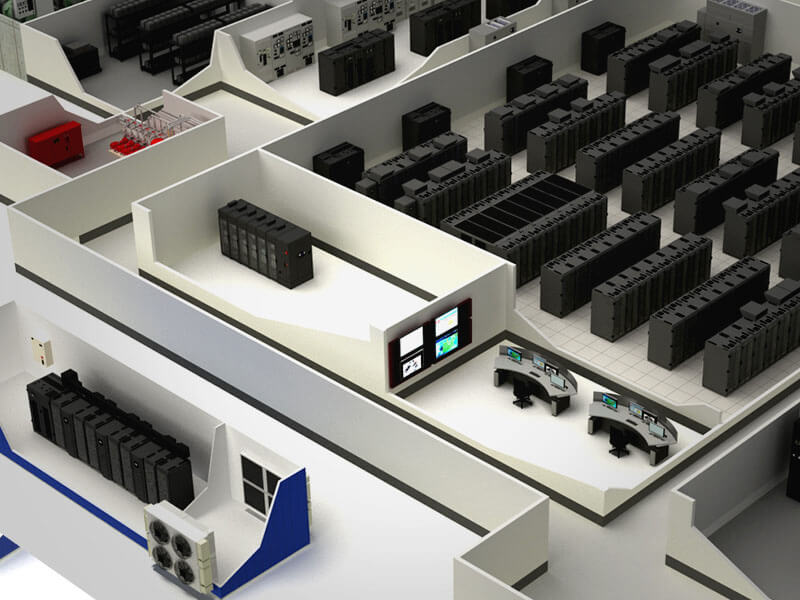This pandemic triggered the acceleration of e-commerce and posed major challenges for retailers, who had to adapt, reinvent themselves and retain customer loyalty. And if that were not enough, now they will go through the ultimate test: the holiday shopping season.
Credit and debit cards are going to be used extensively, and online stores must be prepared to support the interaction and volume of visitors and purchases.
Some are already preparing to respond to the challenges of December.
In the United States, for example, UPS is promoting 100,000 new hires for this Christmas as it anticipates a significant increase in e-commerce sales due to the coronavirus pandemic.
For their part, FedEx has ensured a few weeks ago that, among its plans for the season, they will hire 70,000 workers,15,000 more than in the last month of 2019.
There are not a few retailers in the United States who have expressed their intention to hire numerous seasonal workers to respond to online business demands during the holidays, which include not only e-commerce but ordering online and picking up at the shops.
Further south, e-commerce is also doing very well.
In Mexico, according to a study conducted by the Mexican Association of Online Sales (AMVO in Spanish), e-commerce grew 90% between April and June.
The entity also indicates that “the Chedraui self-service store chain reported 4.5% online sales during the third quarter, but they highlighted that some of the stores in the country reached 20 per cent of its sales through e-commerce.”
In Colombia, in their report “Behavior of E-commerce in Colombia during 2020 and Perspectives for 2021,” the Colombian Chamber of Electronic Commerce (CCCE in Spanish) indicates that “until August 2020, the accumulated growth of e-commerce sales was 25.3% higher in relation to the same period in 2019. However, the rest of the year is uncertain, as has been 2020, which impedes building end-of-year closing perspectives for the sector.”
However, fear of clusters, as well as a predicted second wave of COVID-19, may cause people to prefer online channels over those in person, physical stores and malls, to complete their holiday shopping.
Data center: Trustworthy, secure purchasing
A main complaint of users in Colombia during “Days without IVA” (dates established by the government of this country on which people can purchase certain categories of products without paying sales tax) that took place last June was that many e-commerce sites remained down or only showed, for hours, a landing page indicating a shift in the digital line that was never fulfilled.
What retailers ignore is that this these kinds of mistakes translate into millions under-sales losses and a badly damaged brand reputation.
This is a good time for digital businesses to do everything in their power to guarantee that the required IT infrastructure can backup commercial operations during the upcoming season.
But, how do we anticipate an unplanned outage? Here are a few recommendations:
1. Inspect your digital assets
As many businesses usually block or limit access to its data centers between November through January as a preventative measure to protect themselves against errors and security risks, it is very important to ensure that your infrastructure is ready to handle any incident that could cause downtime.
If you have remote edge computing installations, these add logistical challenges. Therefore, businesses must assign service personnel capable of quickly covering ground and obtaining professional information.
2. Prioritize updates
After you analyze the findings of your inspections, it is worthwhile to create a roadmap to prioritize the IT budget and complete future updates.
Since the main weaknesses often come from power and cooling infrastructure, businesses need to concentrate their effort in these two areas.
3. Increase supervision
As digital business IT networks are distributed across multiple geographic regions, it becomes more difficult to manage teams for each location. In this case, there are many centralized remote monitoring solutions, which allow faster alerts on problems and remote restoration of servers, allowing faster resolution and time savings for staff, who often have limited physical access to the data center during peak seasons.
If online stores and businesses want to respond effectively, without setbacks, to the challenges of the fast-approaching Christmas season, they must consider data centers as an asset that sustains their entire business structure on the Internet.
Don’t forget to have a Happy New Year.
And Happy Holidays.






